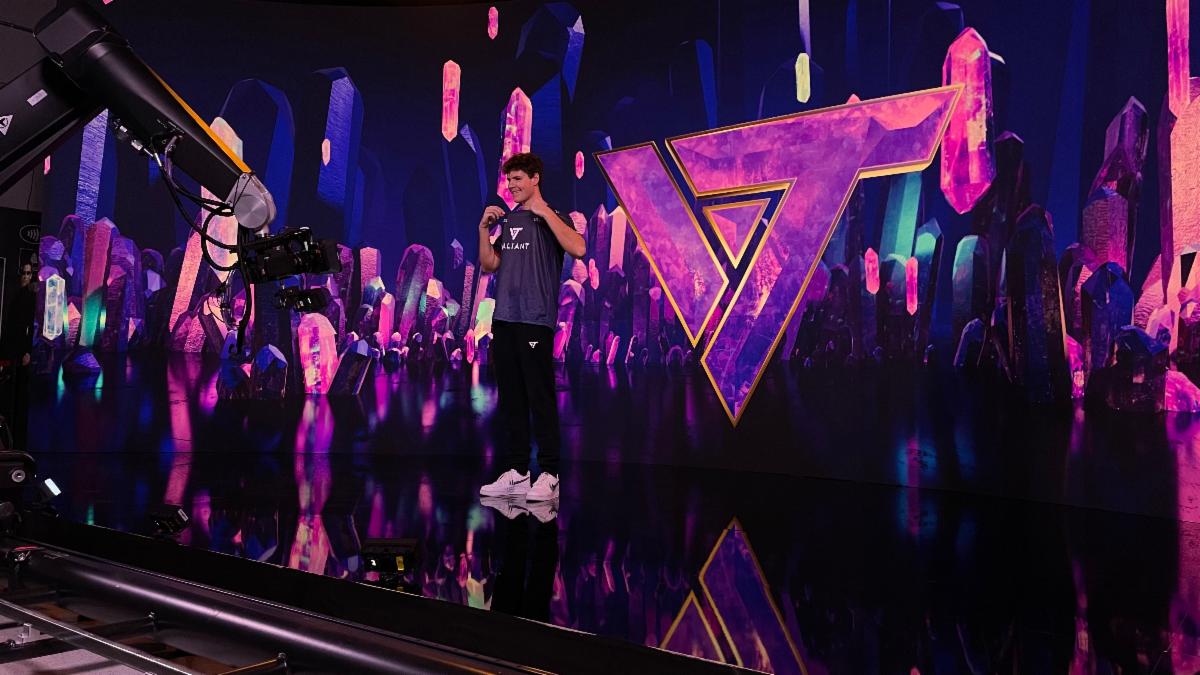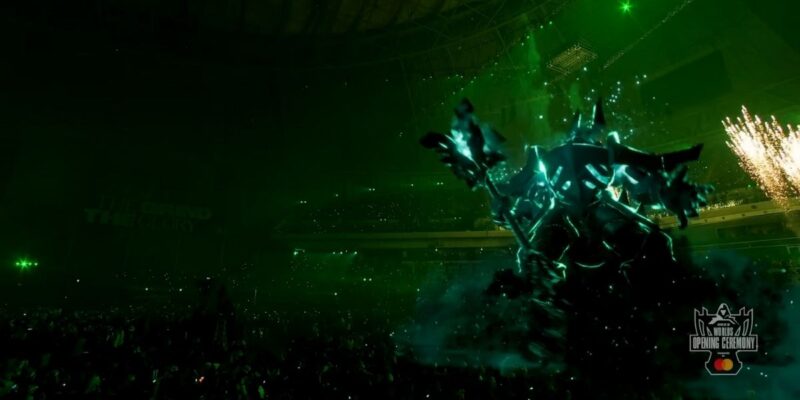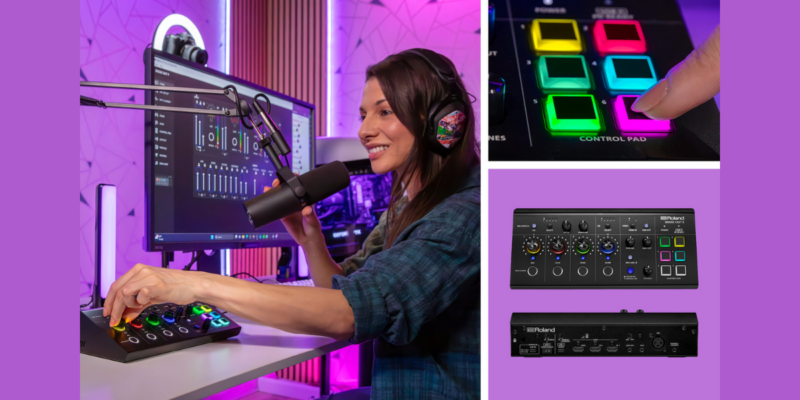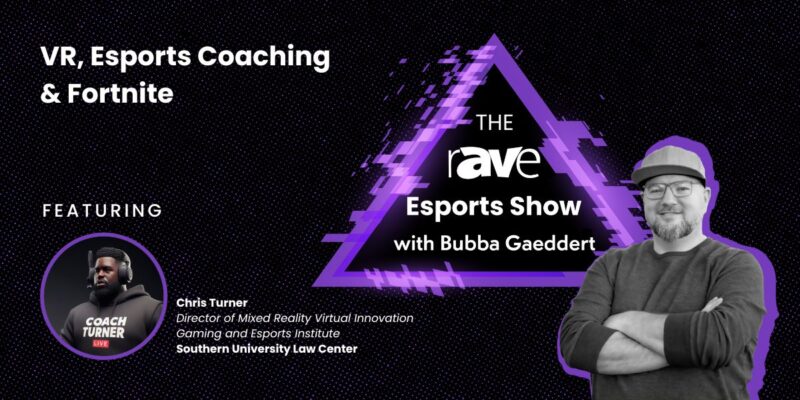Rocket League Hosts Annual Esports Championship

The 12th season of the annual Rocket League esports Championship took place in August 2023 at Düsseldorf’s PSD Bank Dome. The eagerly awaited tournament marked its biggest season yet, with a huge $6,000,000 in prize money up for grabs to some of the most reputable esports teams in the world.
A truly spectacular and all-encompassing broadcast production, bright! studios – a visual design and technology studio based in Frankfurt, Germany – created engaging visual ‘hero shot’ content for the tournament using innovative show control software from Stage Precision.
“We were tasked with creating modern player introduction videos that were shown before each team to hype up the crowd,” explains Leon Herche, creative producer at bright! studios.
Here’s a video that shows what it was like:
“The team at Rocket League used a completely new approach at this year’s tournament. We began by building different scenes in Unreal Engine and playing the content through LED walls. We used motion control systems from Marc Roberts and used the tracking data to create intense camera movement that couldn’t be done by hand. Stage Precision’s Shield plug-in was a crucial part of this process.”
The Rocket League 2022-23 season was divided into three splits; Fall, Winter and Spring, with each split hosting three regional events; an Open, a Cup and an Invitation. Teams earned points during the regional events and international majors to qualify for the Rocket League World Championship, which was broadcast across the world from the 8th – 13th August 2023.
bright! has been working with leading competitive games and esports organization EFG – who are behind the Rocket League championship – for several years. The new vision for this year’s hero shots led the design studio to build the content using a workflow from Stage Precision.

Shield is Stage Precision’s virtual production and augmented reality plug-in that’s designed to unlock the full potential of real-time 3D creation with Unreal Engine. “We used Shield to control the different scenes that we had built in Unreal Engine, but also to switch levels and trigger the team logo on the LED wall. We used SP for lens calibration, data tracking and scene control.”
SP from Stage Precision is a connected device platform for advanced media systems. The software takes care of workflows in augmented reality, virtual production, and live events by integrating with core devices and serving as the data control hub at the heart of advanced productions. It makes it easier and quicker for programmers to build and control complete systems.
The brand guidelines that bright! had to follow for Rocket League Championship’s hero shots were focused on a crystal themed world. bright! built a crystal cave in the purple and gold Rocket League brand colours in which the players could stand, alongside a huge crystalized logo that was presented behind each team. Player names were also built in Unreal Engine, as well as additional artistic elements such as a crystal wall and chaser effects.
“Using tools from Stage Precision meant that we were able to create a quick workflow to efficiently shoot all 26 teams,” furthers Herche. “Additionally, by incorporating augmented reality, we could give information in video feeds that didn’t need to be added in post-production, which saved on time.”
The Rocket League project took four days to set up and complete, all thanks to the reliability of SP. bright! also used the new Ruby 2.6F LED wall from ROE for the project to create a low light atmospheric setting without losing accurate colors, which further enhanced the visual delivery.
“What Stage Precision offers is ideal for esports events. The good thing about using Shield and SP is that you don’t have to worry about anything, you can control blueprints, variables and more; everything is possible with the built-in engine tools. It’s incredibly easy for every artist to use, too, even if you have never worked with it before,” concludes Herche.
“It’s also helpful that you have a tool that can handle everything from tracking data to lens calibration at the same time. You don’t have to rely on additional software, you’ve got it all at your fingertips with Stage Precision.”



